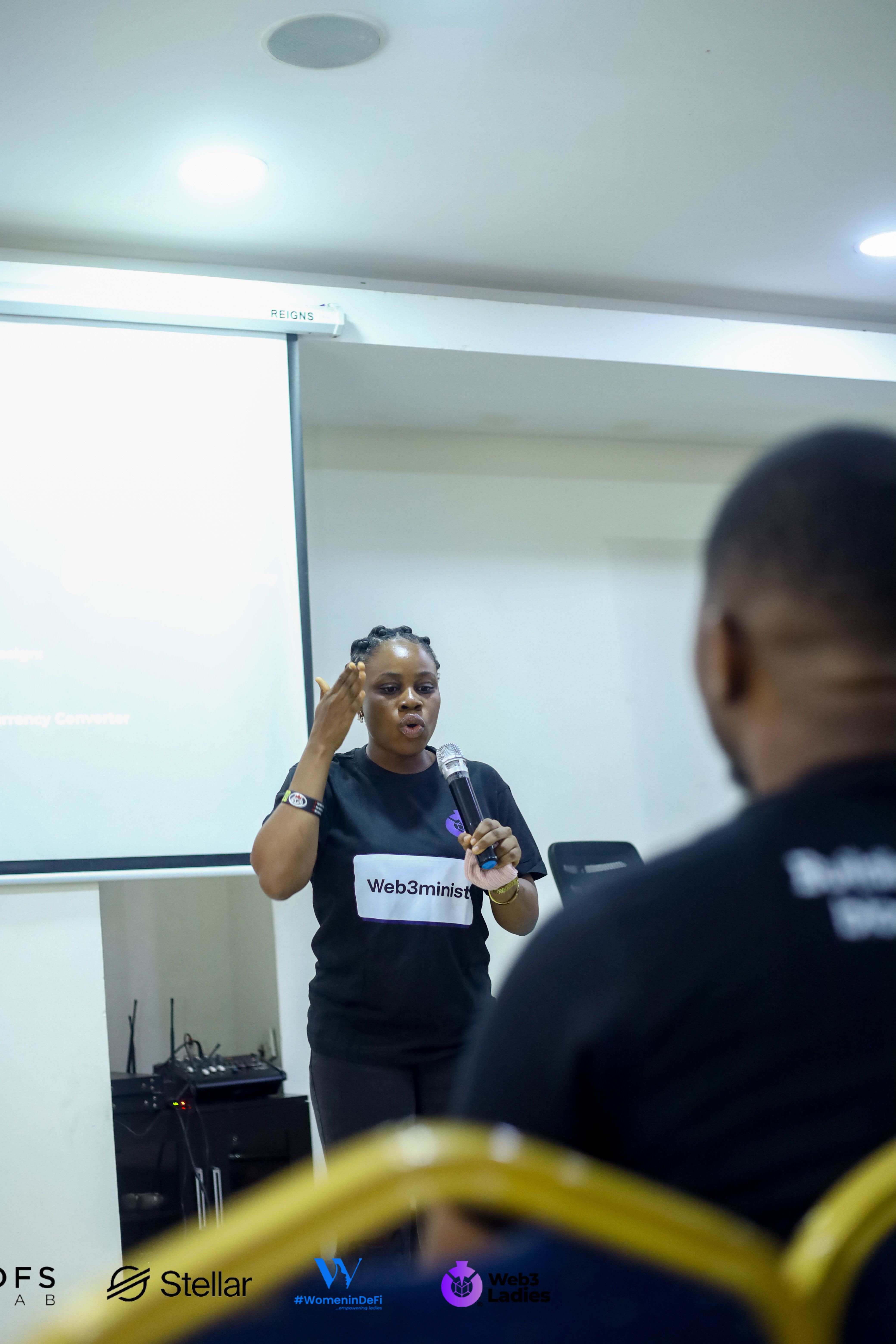215 reads
How Blockchain Technology Can Transform Nigeria's Education System
by
July 7th, 2025
Audio Presented by
Story's Credibility



About Author
|
Technical Writer @Directorate Of Research, Innovation & Development Centre(UNIBEN)
Technical Content Writer

